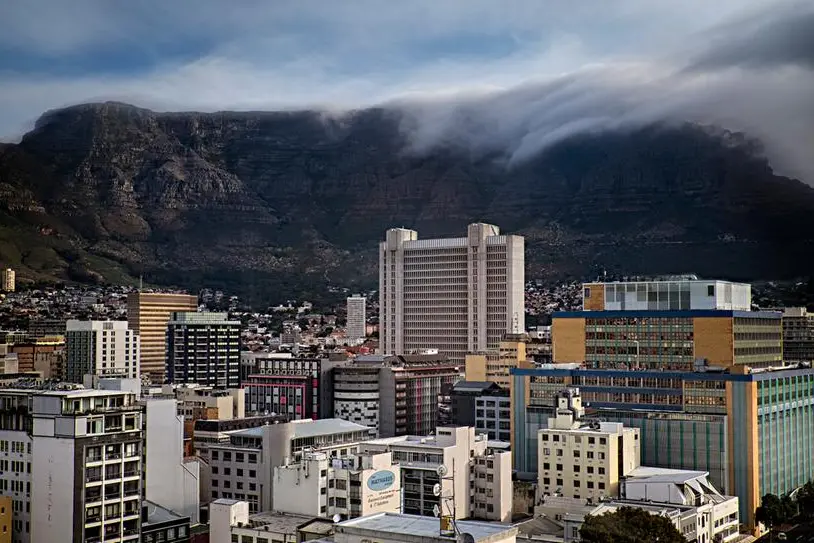PHOTO
South Africa told climate donors on Monday that it would miss its 2030 emissions goals, but was committed to "net zero" by mid-century as it races to remove financial and other hurdles to rolling out renewables, the new energy minister said.
"We have shared with the partners as late as this morning ... that we'll not be able to meet those targets by 2030, highly unlikely," Ramokgopa said in an interview with Reuters in his office in Pretoria.
But he added that, "if you use a long horizon of 2050, we will not move (from) that".
Under the Paris Climate Accords, South Africa was committed to cutting emissions to between 350 and 420 million tonnes by 2030, from 442 million tonnes in 2020, on the way to net zero.
Ramokgopa said that from next week he would also meet with lenders and private power providers to hear their "frustrations" at project delays, with a view to accelerating investment into green energy and catching up on its climate commitments.
Owing to its heavy reliance on coal for electricity, South Africa is the world's most carbon-intensive major economy and its 15th biggest greenhouse gas emitter - higher than France, Italy or Turkey.
After years of power cuts, South Africa had to prioritise energy security by boosting output from coal-fire power stations, Ramokgopa said.
"But we are committed over a (longer) period of time and we are able to say to them, this is how we'll achieve it," he said, referring rich nations including the United States and several European countries that are offering $12bn in funding, mostly loans, towards South Africa's energy transition.
New policies he said would speed things up included removing bureaucratic hurdles to existing private tenders, expropriating land from farmers holding up the power grid buildout, and re-pricing deals with power providers that failed to close after the Ukraine war jacked up component prices.
South Africa has abundant sun and wind, and the partly donor-funded plan to gradually wean itself off coal is being seen as a test case for such assistance to developing countries.
"We have been moving at a slow pace, we need to be more aggressive and I'm committing to that," Ramokgopa said.
All rights reserved. © 2022. Bizcommunity.com Provided by SyndiGate Media Inc. (Syndigate.info).




















